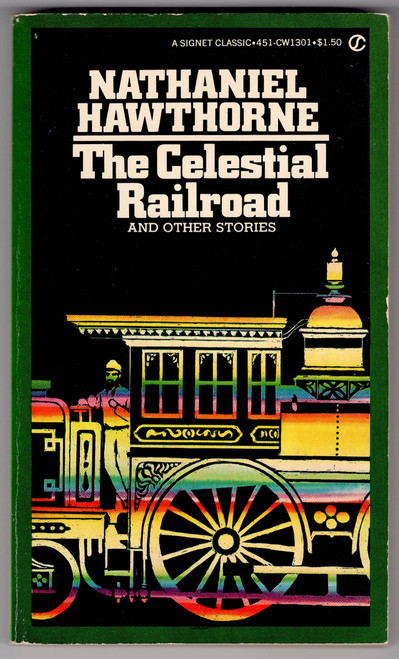Henry James’ The Turn of the Screw is a masterclass in psychological horror, unraveling the chilling tale of a young governess tasked with caring for two orphaned children in a remote estate. As she begins to suspect that the children are under the influence of malevolent supernatural forces, the line between reality and her own unraveling psyche blurs, leaving readers questioning what is truly happening. Accompanied by other haunting stories in this collection, James explores themes of innocence, fear, and the unsettling power of suggestion. Dark, suspenseful, and filled with eerie ambiguity, The Turn of the Screw and Other Stories offers a rich, atmospheric experience that will leave readers questioning the nature of evil and the reliability of perception.
About the Author
Henry James (1843–1916) was an American-British author and literary critic known for his dense prose, intricate character studies, and exploration of the consciousness of his characters. A key figure in 19th-century realism, James is celebrated for his deep psychological insights and his ability to blur the boundaries between the seen and the unseen, particularly in his ghost stories. His most famous works include The Portrait of a Lady, The Wings of the Dove, and The Turn of the Screw. Throughout his career, James examined themes of morality, cultural identity, and the complexities of human relationships. His nuanced storytelling and profound explorations of social and psychological dimensions have earned him a lasting place in the canon of English literature.
This is one of the many featured books in my Whatnot Live Buy-it-Now auction. However, if you purchase the book directly on my store website, you will receive one dollar off by entering the coupon code TAKE1OFF.








